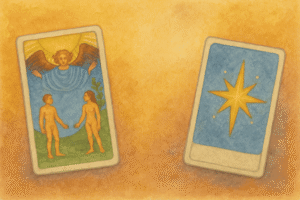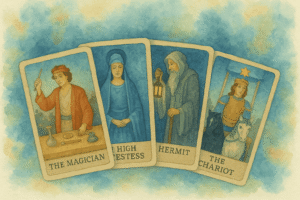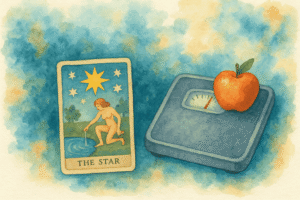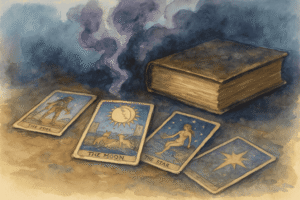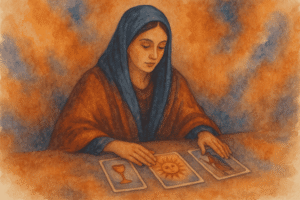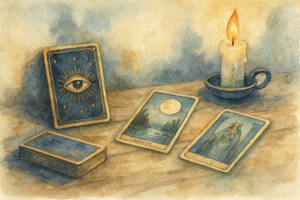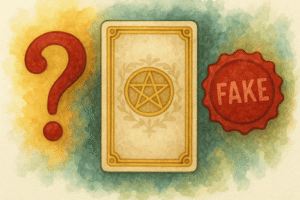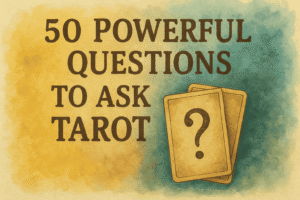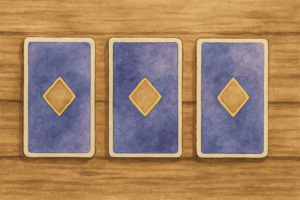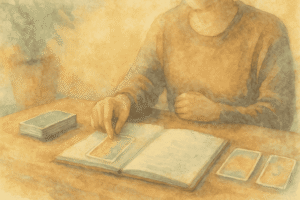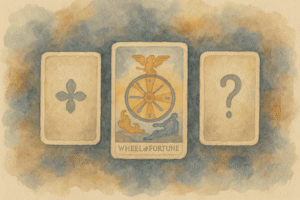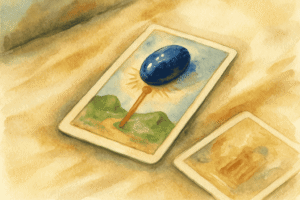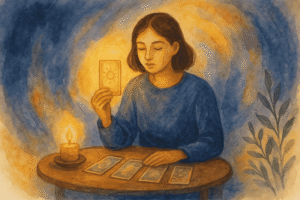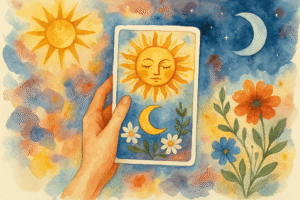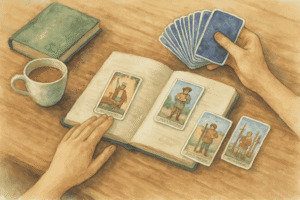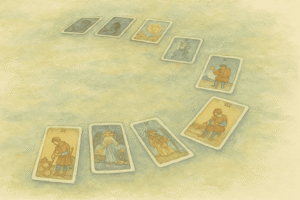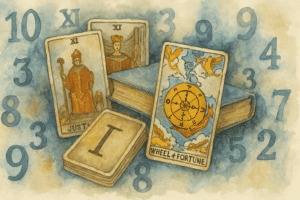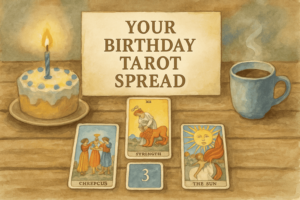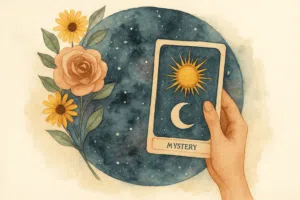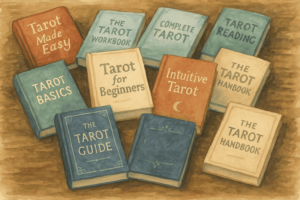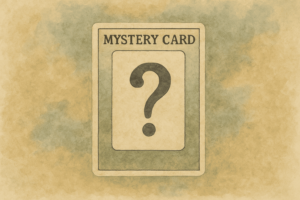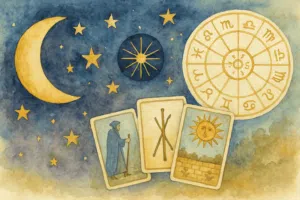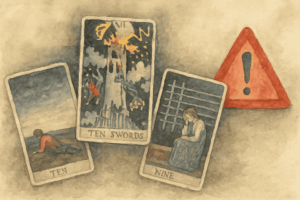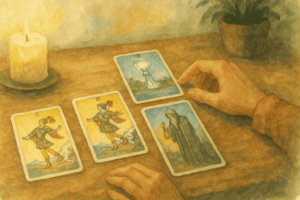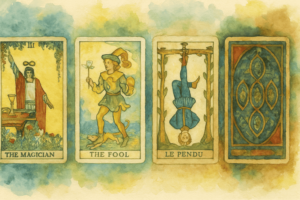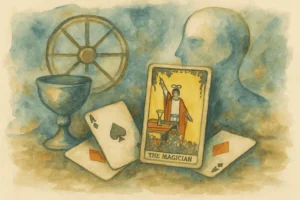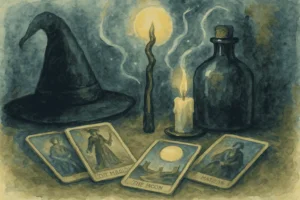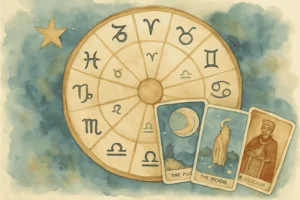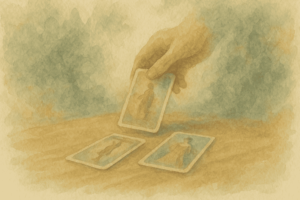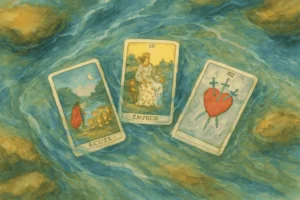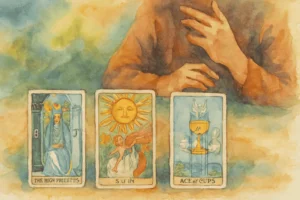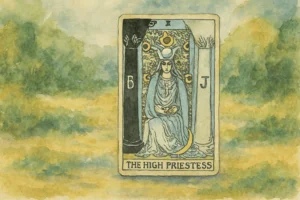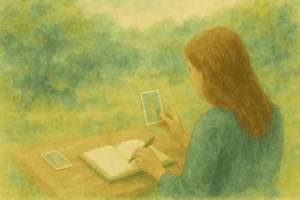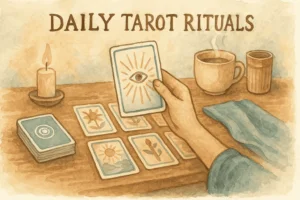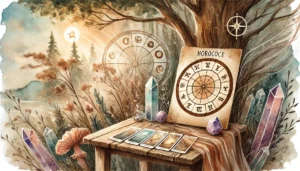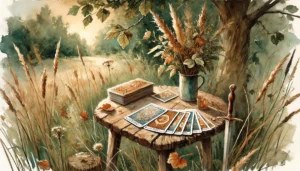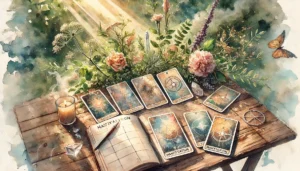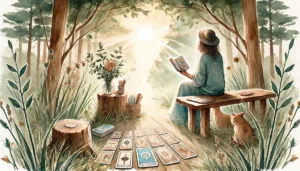Have you ever felt a deep connection while shuffling your tarot cards, only to find that the experience fades once the reading is over? Keeping a tarot journal template can profoundly deepen your intuition and enhance your practice in ways you might not expect. This simple yet powerful tool enables you to track your readings, reflect on your emotions, and cultivate a personal relationship with the cards. As the world around us becomes increasingly fast-paced, carving out time to dive into your tarot journey has never been more important.
The Value of a Tarot Journal
Maintaining a tarot journal is invaluable for several reasons. First and foremost, it helps you notice patterns over time. By logging readings and reflecting on which cards frequently appear, you can refine your interpretations based on your own experiences rather than solely relying on traditional meanings. This practice fosters personal growth and a deeper understanding of yourself.
Moreover, journaling allows you to document your emotional reactions to each reading. Do certain cards evoke specific feelings? Do you react differently when a card is reversed? By exploring these questions, you can uncover insights about your emotional landscape, leading to greater self-awareness and intentional decision-making.
Practical Template Ideas for Tarot Journaling
You can choose between structured journaling with prompts or a free-form approach, depending on what resonates with you. Here are some practical template ideas:
- Daily Card Log: Record the card drawn for the day, along with a brief note on your intuitive impressions and the emotions it stirs within you.
- Full Spread Reflections: Document your entire reading, reflecting on each card’s position and meaning. This log serves as a comprehensive guide to your reading evolution.
- Intuitive Impressions vs. Traditional Meanings: Write down your instinctual interpretations alongside traditional meanings for comparison and learning.
- Emotional Reactions: After a reading, note your emotional responses. Did any cards surprise you? Did they resonate with current life situations?
- Symbols Noticed: Reflect on any symbols or imagery that stood out during the reading and how they relate to your personal experiences.
- Post-Reading Follow-Up: After a few days or weeks, revisit your readings to assess how they played out in your life. Did the outcomes align with your initial interpretations?
Structured vs. Free-Form Approaches
The beauty of tarot journaling is that there’s no one-size-fits-all approach. For those who prefer structure, utilizing printable templates can be highly beneficial. Create a journal section for each of the above ideas, and set aside specific moments to fill them in after each reading. Alternatively, you can adopt a more free-form approach through stream-of-consciousness writing or even sketching your interpretations. This can open the door to creativity and intuition in unexpected ways.
For even more interactive experiences, some readers enjoy using free online AI tarot as a way to explore diverse card meanings and interpretations. Integrating this with your journaling practice can deepen your understanding of the cards.
The Benefits of Tarot Journaling
By dedicating time to tarot journaling, you not only enhance your connection to the cards but also create a space for self-reflection and emotional exploration. This practice supports your personal journey by promoting mindfulness, encouraging commitment to your spiritual path, and facilitating the development of your intuitive skills.
The act of writing helps clarify your thoughts, allowing for insights that may otherwise go unnoticed. Over time, you’ll likely find that your tarot practice becomes more meaningful and aligned with your life’s journey.
Get Started Today
Ready to embark on your tarot journaling journey? Start by setting aside a dedicated time each day for your readings and reflections. Your personal relationship with the cards awaits, filled with insights, patterns, and emotional richness.
References
- Smith, J. The Power of Tarot Journaling. 2021
- Psychology Today. The Art of Reflection: Journaling for Emotional Growth. 2020


